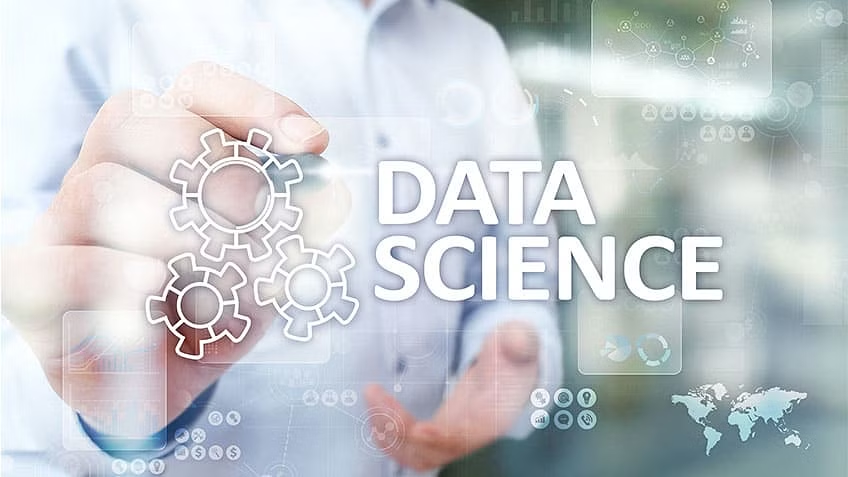What To Expect In A Data Science Course: Know The Curriculum
Data science has emerged as a popular and promising field, offering immense opportunities for individuals with a passion for data analysis and problem-solving. If you are considering embarking on a journey to become a data scientist, one of the first steps is to enroll in a data science course. These courses provide a structured learning experience and equip you with the necessary skills to excel in this ever-evolving field. In this comprehensive guide, we will explore the curriculum of data science courses, giving you valuable insights into what to expect and how to make the most of your learning journey.
Foundations of Data Science
Data science courses start with the foundations of data science. This section introduces you to the fundamental concepts and principles that underpin the field. You will gain a solid understanding of statistical analysis, probability theory, and data manipulation techniques. Proficiency in programming languages such as Python and R is also crucial, as they are widely used in the data science community. In this section, you will learn how to clean and preprocess data, perform exploratory data analysis, and implement basic statistical models.
Machine Learning Techniques
Machine learning has seen recent innovations in data science, and data science courses would be incomplete without a thorough exploration of this topic. In this section, you will dive deeper into various machine learning techniques, including supervised learning, unsupervised learning, and reinforcement learning. Understanding the concepts of overfitting, underfitting, and model evaluation is essential to becoming a proficient data scientist. Additionally, exploring the realm of machine learning opens doors to new possibilities and advancements in various fields.
Big Data and Distributed Computing
With the exponential growth of data, handling large datasets has become a crucial skill for data scientists. This section of the curriculum delves into big data technologies such as Hadoop and Spark. You will learn how to process and analyze massive datasets using distributed computing frameworks. Additionally, you will explore techniques for data parallelism, fault tolerance, and data storage optimization. Proficiency in SQL and NoSQL databases is also emphasized, as they play a vital role in managing and querying large volumes of data.
Data Visualization and Communication
There are many courses for data science that make you proficient in analyzing data but also communicate your findings effectively. This section focuses on data visualization techniques and tools that enable you to present complex information in a visually appealing and easily understandable manner. You will learn how to use visualization libraries like Matplotlib and Tableau to create insightful charts, graphs, and interactive dashboards. Effective communication skills, both written and verbal, are also emphasized, as data scientists often need to convey their findings to stakeholders and non-technical audiences.
Advanced Topics in Data Science
Once you have a solid foundation in the basics, the curriculum will progress to more advanced topics. This section covers various areas of specialization within data science courses, such as natural language processing, computer vision, and deep learning. You will explore advanced algorithms and techniques that allow you to extract meaningful insights from unstructured data sources like text and images. Additionally, you will delve into neural networks, convolutional neural networks, and recurrent neural networks, gaining the skills to tackle complex data analysis tasks.
Capstone Project
Data science courses often conclude with a capstone project, where you apply the knowledge and skills acquired throughout the course to solve a real-world problem. This project serves as a culmination of your learning journey and allows you to showcase your abilities to potential employers.
Conclusion
Among the many courses for data science, choosing the right one is crucial for your career growth in this exciting field. By understanding the curriculum and what to expect, you can make an informed decision and ensure that the course aligns with your learning goals. The curriculum should cover the foundational concepts, machine learning techniques, big data technologies, data visualization, advanced topics, and provide a capstone project to apply your knowledge. Remember to choose a course that suits your level of expertise and offers hands-on learning opportunities. With the right course and dedication, you can embark on a successful journey towards becoming a data scientist.





